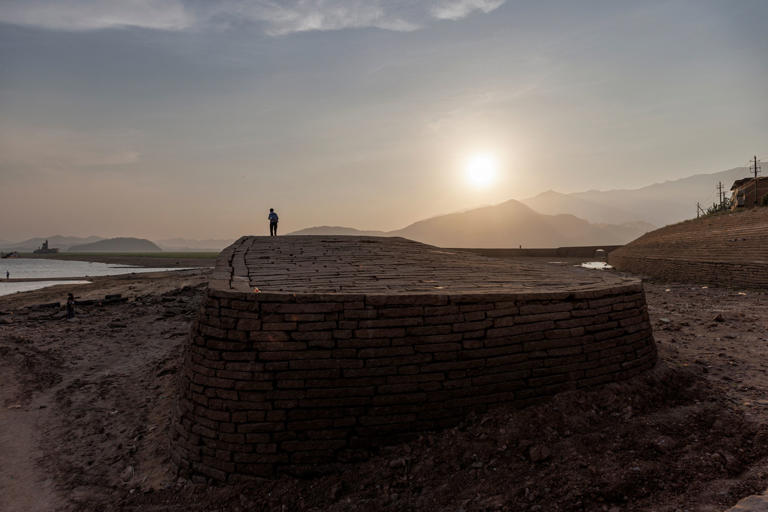
Revelation 16:9 “They were scorched by the fierce heat, and they cursed the name of God who had power over these plagues. They did not repent and give him glory.”
Important Takeaways:
- The great drought and the great deluge, all at the same time
- Last week, receding water levels in a Serbian stretch of the Danube, Europe’s second-largest river, surfaced a flotilla of Nazi-era German warships that were still packed with ammunition and unexploded ordnance. They were exposed at a time when Europe is experiencing what appears to be the worst dry spell in half a millennium, with two-thirds of the continent under some form of drought warning.
- Other ruins and wrecks are popping up as waterways shrink. A submerged 1st century A.D. Roman bridge possibly constructed under the orders of Emperor Nero emerged from the Tiber River last month; further to the north
- Scorching high temperatures left the Iberian Peninsula drier than any time in the last 1,200 years.
- In France, which is experiencing its worst drought on record, wine makers are harvesting their grapes earlier than ever.
- On this front, too, Europe’s rivers are turning up bleak omens — the receding waters in parts of central Europe have revealed old “hunger stones,” markers placed along riverbeds that locals centuries prior left as guides to earlier droughts.
- Five 1,000-year rain events have struck the U.S. in five weeks.
- In South Asia, searing heat earlier in the summer gave way to an erratic and intense monsoon season
- Pakistan is experiencing a “climate catastrophe”
Read the original article by clicking here.



